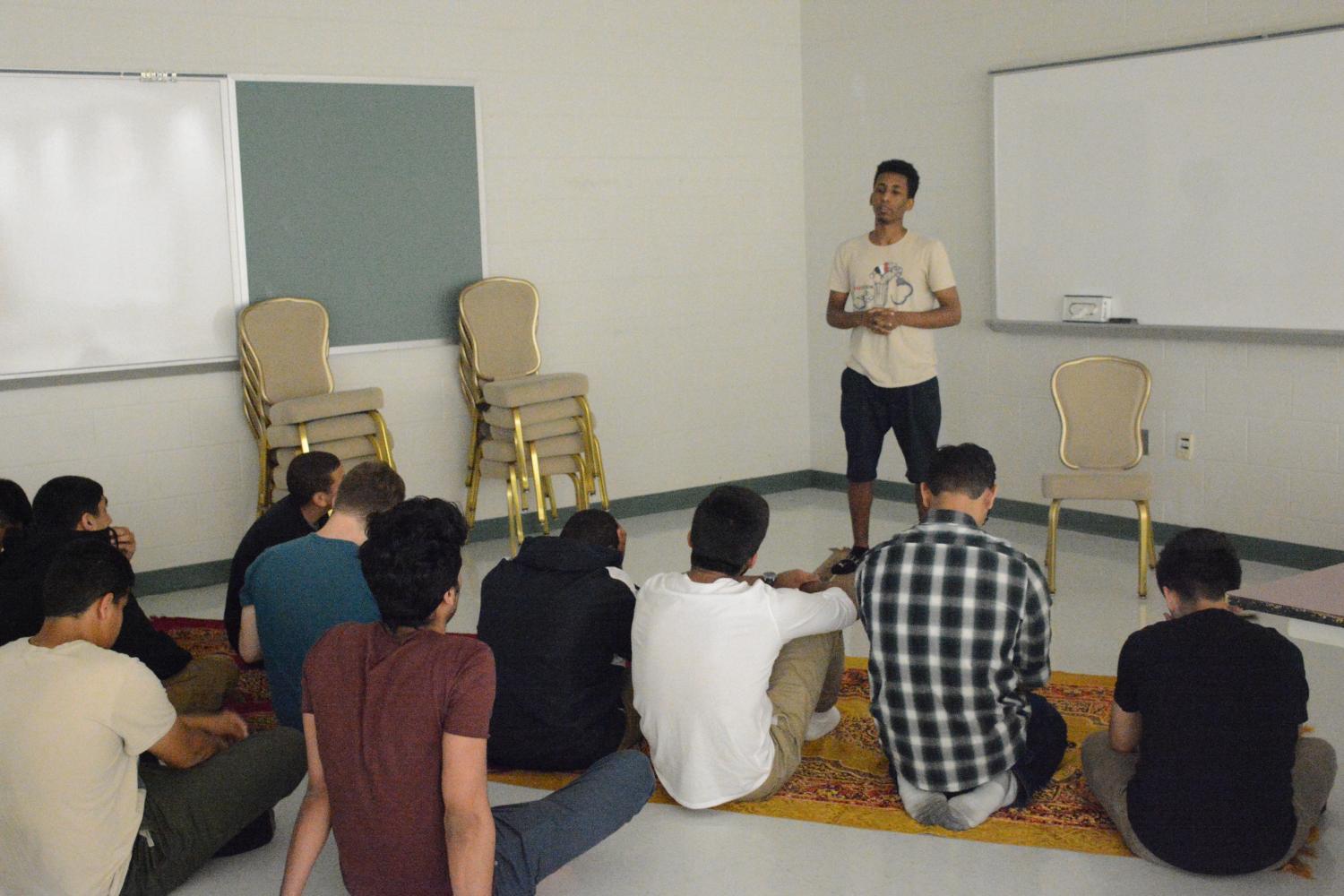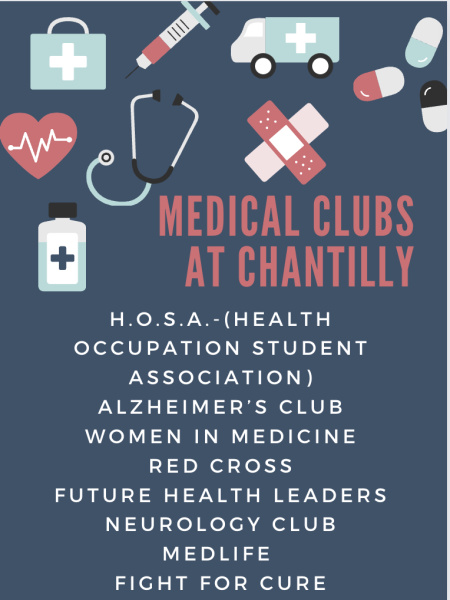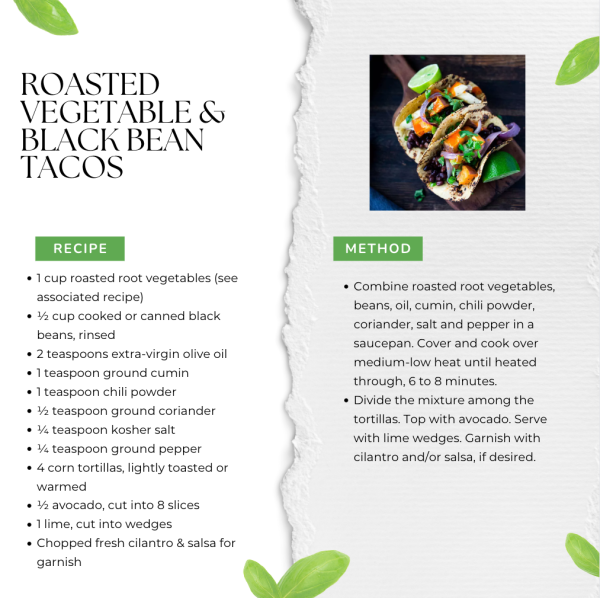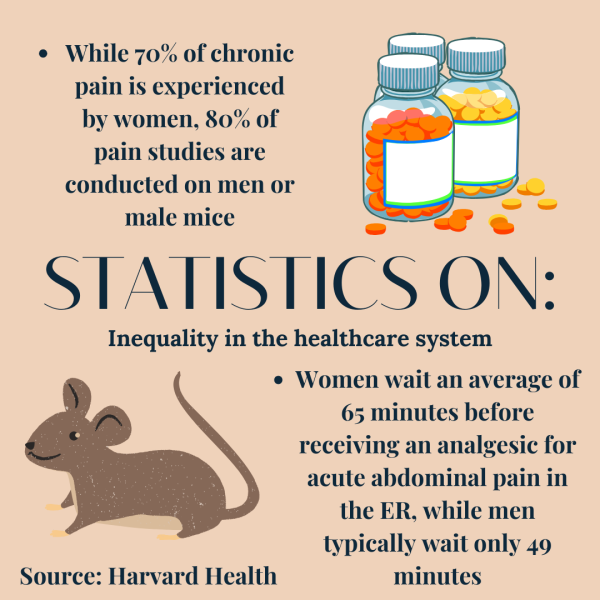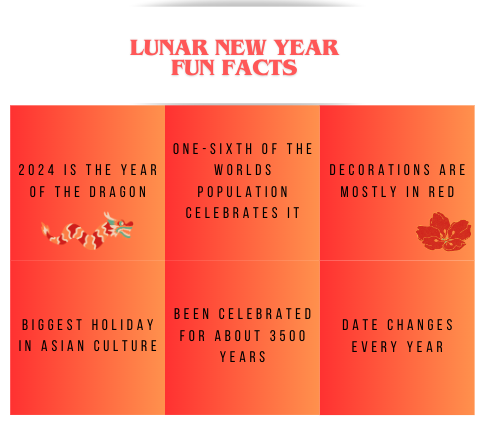Ramadan: the holy month of fasting and peace
May 5, 2017
If you are Muslim or have Muslim friends, you are probably aware of Ramadan, a month of increased spirituality in the Muslim faith. It is the ninth month of the Islamic calendar and is important as it marks when revelations of the Quran reached Muhammad. Those who observe the fast of Ramadan consider it a time of patience, endurance, reflection and spiritual purification. The month is characterized by refraining from consuming food, drinking liquids, smoking, cursing, fighting and engaging in sexual activities from dawn till dusk for the entirety of the month. Participating in this month is sacred to Muslims as it is a part of the Five Pillars, basic acts in Islam, considered mandatory by believers and are the foundation of Muslim life they include praying five times a day, giving alms, pilgrimage to Mecca before death, professing your adherence to the muslim faith and lastly, observing the month of Ramadan.
The Quran describes Ramadan as “the month in which… a guidance for mankind and clear proof of the guidance and the criterion; and whoever of you is resident, let him fast the month” (Quran, 2:185).
To many, fasting may seem dangerous and pointless, but Muslims believe that these practices help them understand the suffering of others and also bring them closer to God. The purpose is to purify the soul; it’s almost like a spiritual detox that serves as a time to break old habits and create a better and more spiritual mentality.
“Ramadan is [a time] to truly understand the struggle behind limiting one’s needs and wants, and it helps me become a better person,” senior Omar Ali said. “I hope it helps elevate all Muslims as people.”
Fasting in the month of Ramadan is obligatory for every adult Muslim, male or female, who has reached puberty and is not sick or traveling. If someone falls ill during the month, said person would not be required to fast during the days of his or her sickness, but he or she must fast later after Ramadan to complete the missed days. This same rule applies to women on their menstrual cycle. Those with long-term illnesses are allowed to skip fasting, but they must pay the fidyah, religious donations of a day’s meals for each fast missed, to a person in need.
This year, Ramadan is between May 26 and June 25, a period that emcompasses both finals and SOLs, which makes it extremely difficult for Muslim students to direct all of their focus toward testing. Due to the lack of water and nourishment, Muslims commonly suffer from headaches and fatigue. These recurrent pains make taking multi-hour tests a struggle.
Muslims embrace Ramadan in a variety of ways. Some sleep through the day, stay up all night and take naps often. On the more extreme side, some Muslims migrate to areas more north where it’s colder and the sun sets faster to ease the burden of fasting.
“Usually I sleep during the day and stay awake at night,” senior Bashir Duale said. “But during school, I don’t get a lot of sleep because I am forced to stay awake.”
June 25 marks the end of Ramadan and is commemorated with Eid al-Fitr (Eid). This is marked by a feast-like meal to celebrate fulfillment of your religious duty to Allah (swt). This is a time of reflection upon the personal growth experienced throughout the month of Ramadan.
“During this month, it is important to lend a helping hand to those who are fasting and be respectful of their religious practices,” Ali said.


